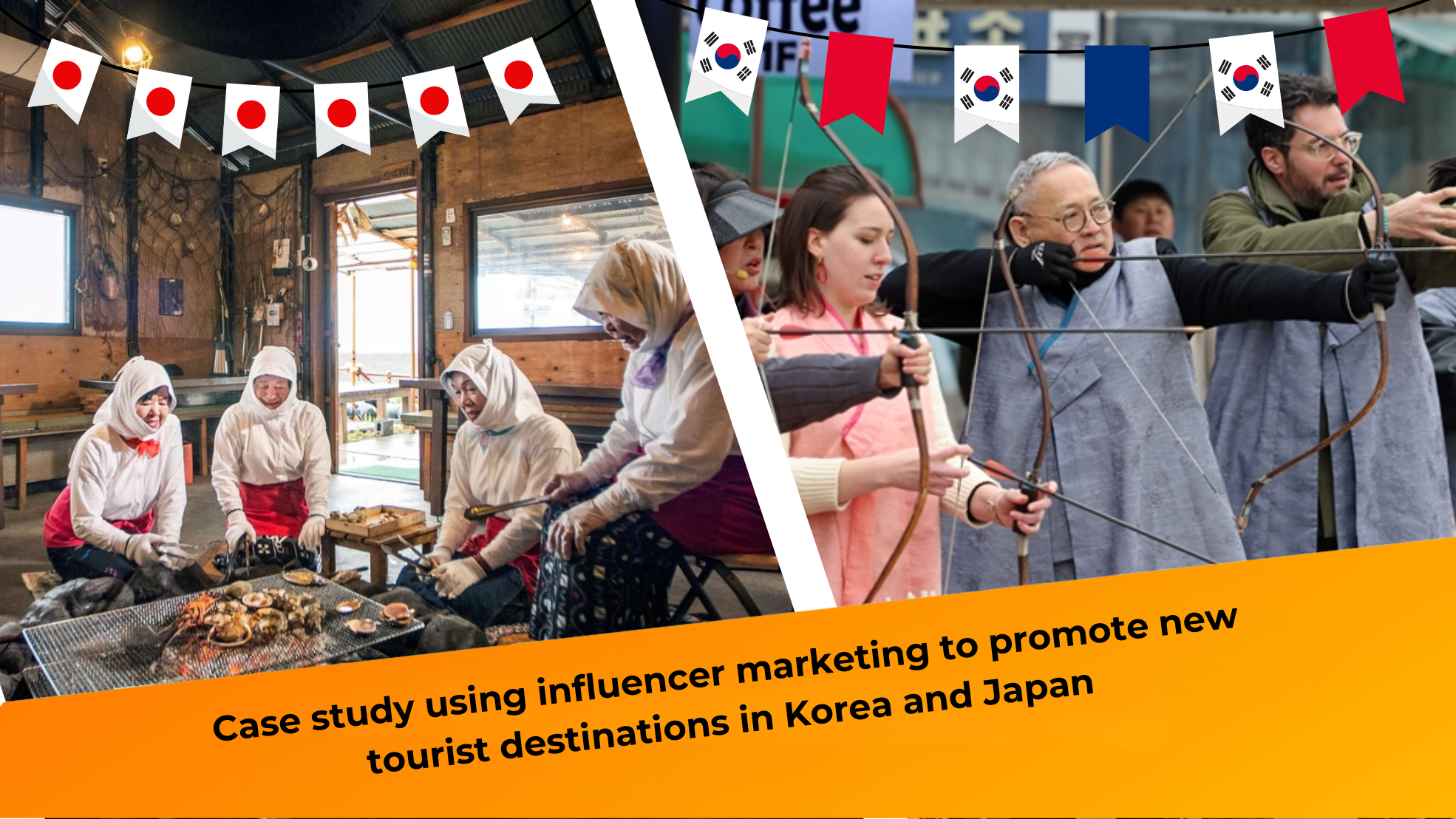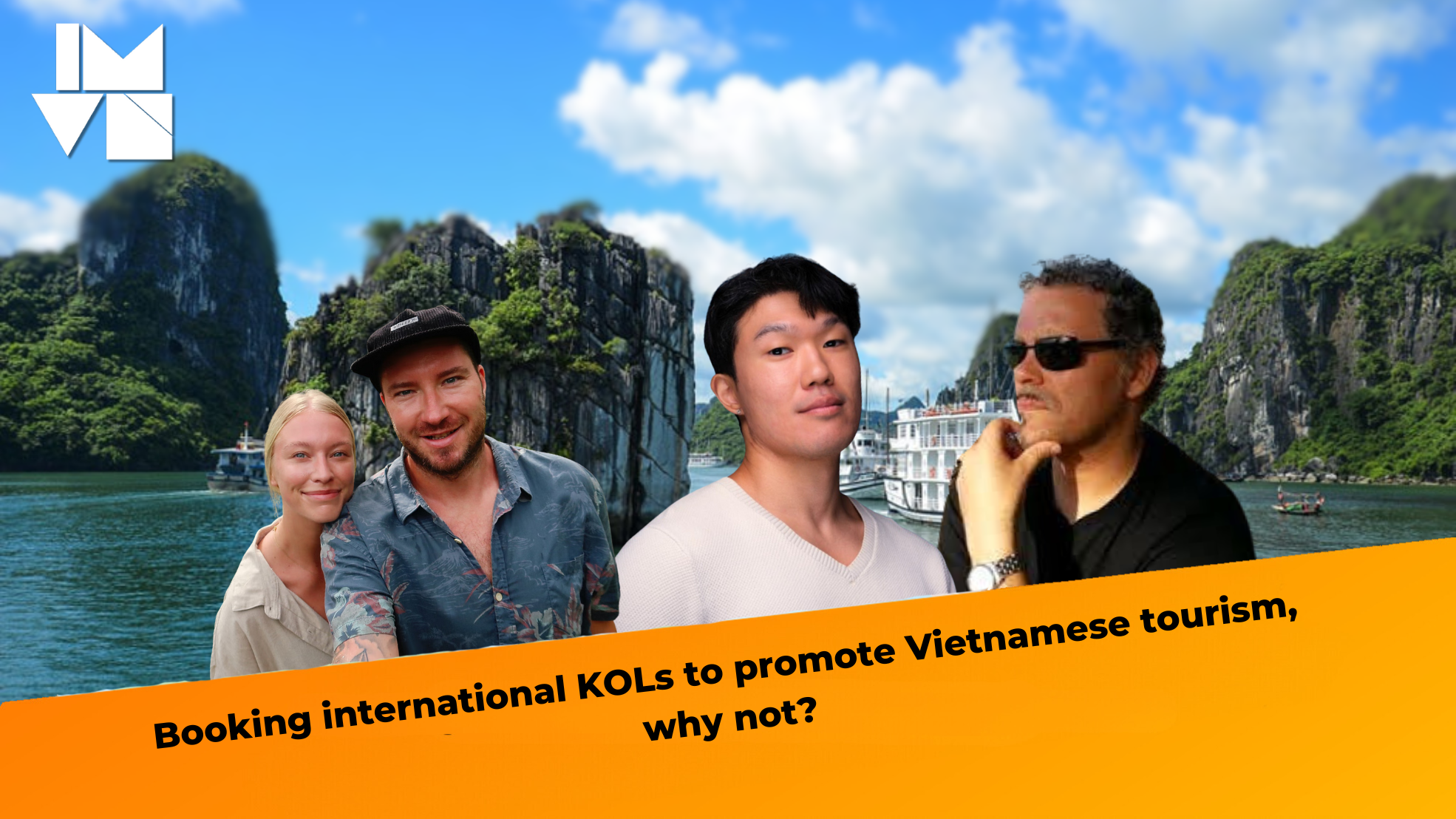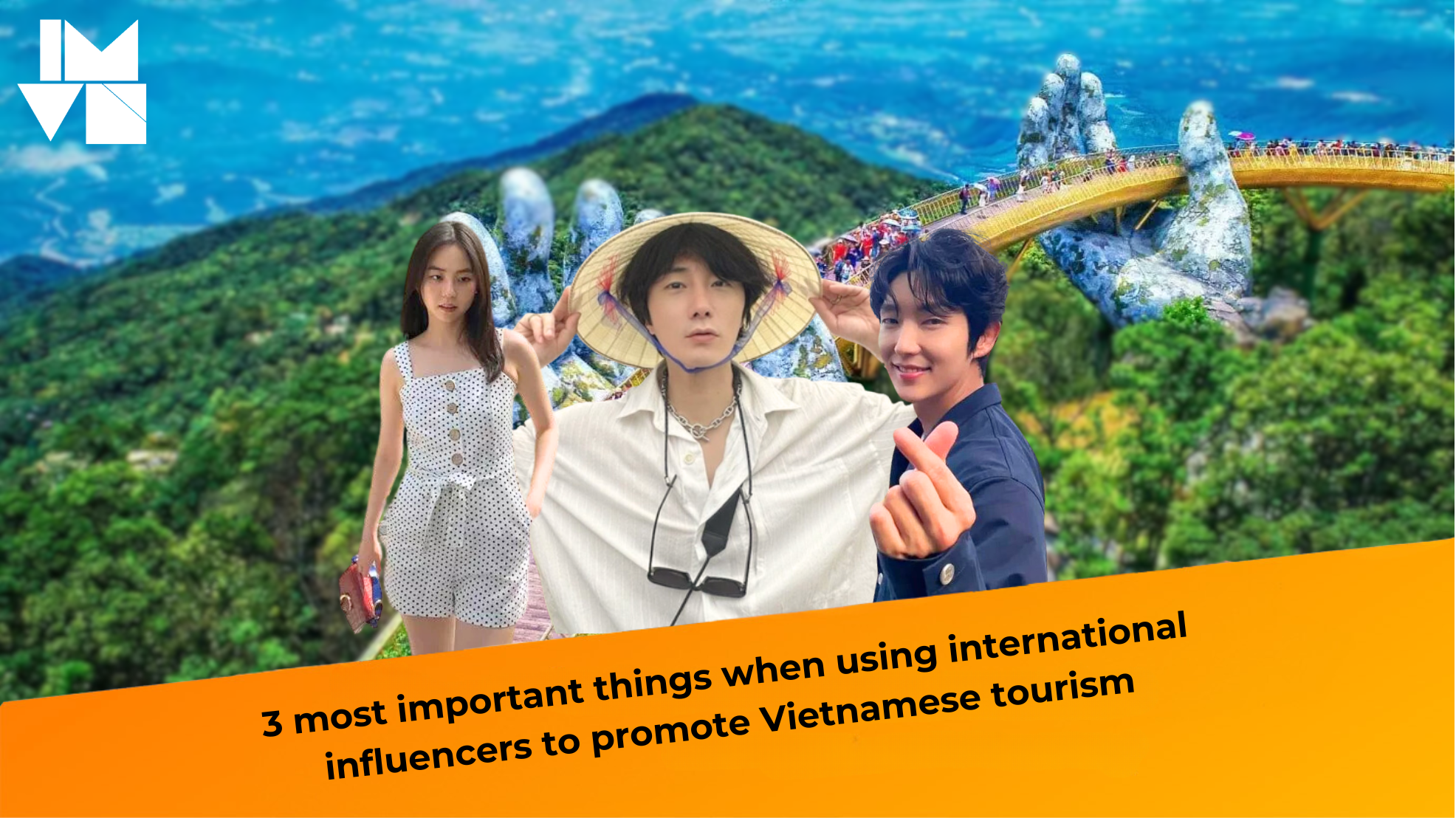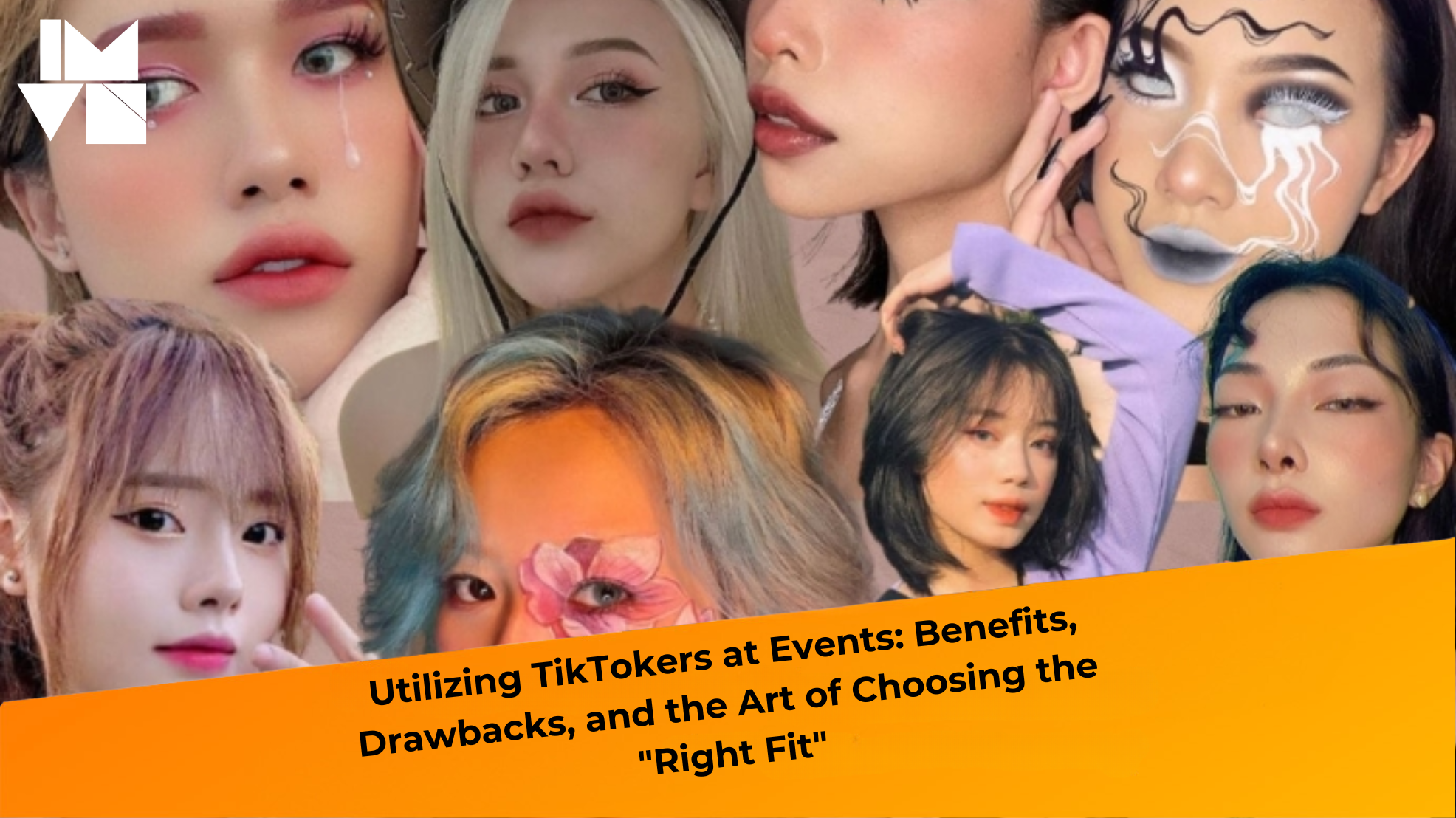It’s no secret that social media empowers influencers. They command their own channels and influence a significant audience. Naturally, brands seek them out. But how do brands, agencies, and influencers perceive each other in this dynamic?
The current state of influencer marketing in Vietnam
While influencer marketing in Vietnam is rapidly growing, with increasing budgets allocated to influencers, their credibility and influence haven’t reached the level where they can significantly impact consumer purchasing behavior. Most campaigns focus solely on raising product awareness within target communities.
The prevalence of blatant and forced advertising on social media has led to a negative perception of sponsored content. As a result, influencers often fulfill their obligations by posting a somewhat awkward brand mention and moving on.
Few influencers truly grasp their role as brand representatives. They haven’t fully embraced the professionalism required to be a trusted source of information for their audience, disseminating campaign messages effectively. This requires a strong sense of responsibility and the integrity to endorse only genuinely valuable products.
Challenges and expectations
While being selected as a brand influencer acknowledges their reach and impact, expecting too much from influencers is unrealistic given the current lack of professionalism in the industry, both from agencies and brands.
The phenomenon of “putting words in influencers’ mouths” is widespread. Brands often dictate overly specific content, demanding detailed descriptions of manufacturing processes, award lists, or exaggerated product benefits, stifling the influencer’s authentic voice. This explains why many influencers resort to formulaic, uninspired posts.
Few brands prioritize building long-term relationships with influencers, let alone inspiring them with brand values and trust. The brand-influencer relationship often lacks depth and genuine connection.
The pressure on agencies and brands
Agencies face immense pressure from brands to deliver impressive KPIs, even when campaigns lack viral potential or rely on uninspired content. Brands, particularly those with foreign leadership unfamiliar with the Vietnamese market, or those with brand managers who lack understanding of relevant influencers, contribute to this issue. Their perception of influencers is often shaped by agency recommendations, with KPIs as the sole measure of success. As the saying goes in agency circles, “My client is all about the numbers! High KPIs are all that matter.”
However, like the illusory nature of social media itself, KPIs can be deceptive. Under pressure, agencies and their teams sometimes orchestrate a facade of social media success for their clients. This, of course, is merely an illusion.
The pursuit of authentic influence
Ultimately, the effectiveness of social media campaigns depends on whether brands and agencies prioritize genuine influence or merely seek impressive numbers in reports.
The brand-agency-influencer dynamic in Vietnam faces challenges due to a lack of professionalism across the board. However, there’s hope for improvement. Everyone can contribute to the development of a more mature and effective influencer marketing landscape. We, too, strive for this goal.





